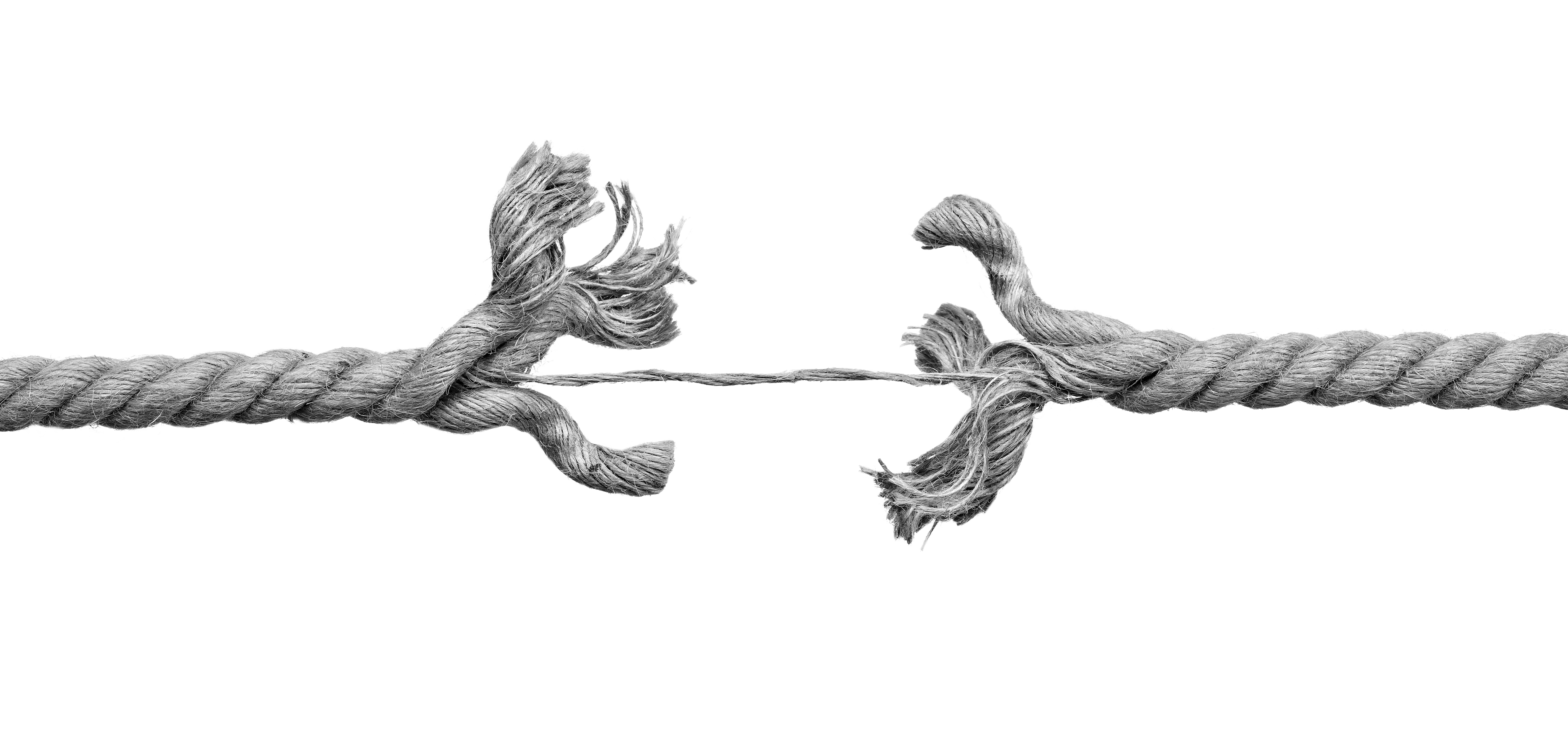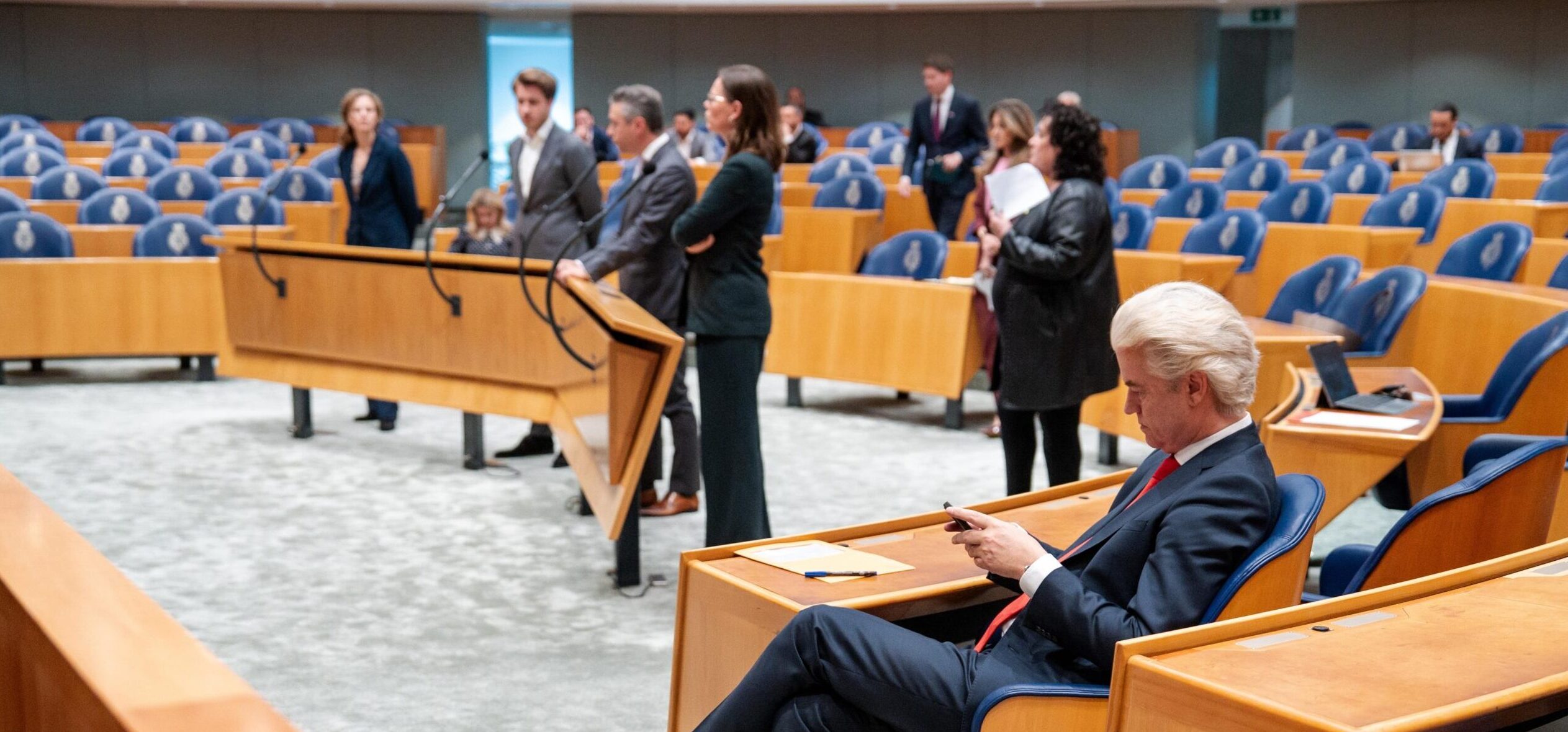At the behest of the Ministry of Education, WUR, like other institutes, broke off research cooperation with Russia. When it comes to ‘rogue regimes’ and human rights violations, shouldn’t we also be critical of scientific ties with countries like China? Resource asked around.
‘Scientific cooperation over political interests’
Fernando Gabriel Garcia Teruel (25), member of student council party Sustainability and Integration
‘I think that science should be about the search for truth and finding solutions to the problems we face as humanity. Scientific collaboration should therefore be above political interests. By collaborating, you can get a lot more done. So, as long as the goals and the ethical boundaries of the collaborating scientists and institutions are aligned, we should not be boycotting them for decisions made by others that they have no influence over. An ethical framework should be agreed upon by all sides, however, prior to collaboration. But if we start boycotting everyone for the acts of a few we will end up being just as totalitarian as the rest.’
‘Not talking is always worse’
Han Zuilhof, Professor of Organic Chemistry
‘Suspending research contacts can be effective temporarily, but research and sports exchanges are often the best way to keep in touch on ‘neutral territory’. Doing research together does not mean that you also agree or have to agree in other areas, as I see with my work in China or looking at the Olympic Games there. It only starts getting tricky when your research or your sport becomes part of the legitimization of dubious practices. If that doesn’t happen, it is one of the easiest ways for countries to keep talking. Above all, I would say, carry on seeing the potential in that: not talking is always worse.’
‘Be cautious about completely open academic cooperation’
Gerbert Roerink, an agricultural researcher and former coordinator of projects in Ukraine
‘I am against an academic boycott in general. Science is often the first and easiest form of cooperation between two countries. It can break the ice for further relations, so you shouldn’t want to curtail that, especially since science is, theoretically, objective and value-free. At the same time, it is clear that “rogue” regimes are often inclined to garner Western knowledge for their own benefit; that the “cooperation” is in fact one-way – China in particular tends to do that. The key question is whether the world can move forward together towards peace and happiness for all, or whether we’re going back to large power blocs that oppose each other. I fear it will be the latter, a fear based partly on world history. And in that case, you do have to be cautious about completely open academic cooperation – not just with Russia, but with China too.’
‘Many Russian academics do not support Putin at all’
Maarten Jongsma, plant scientist
‘Coincidentally, I had just completed an MTA (material transfer agreement) with a Russian partner to receive seeds and material for bioluminescent plants. That is off now: Legal Affairs is blocking it. A bit hypercorrect, if you ask me – and unnecessary. Previously, I worked on food projects in North Korea where, even in political terms, we always managed to distinguish between “the regime” and the population. I can understand that certain restrictions now apply to scientific cooperation with Russia. But I am not in favour of a total ban. A large proportion of Russian academics do not support Putin at all. And instead of isolating the Russian intelligentsia, we should continue to offer them opportunities to hear the Western narrative. Russians get to hear very different stories than the ones we hear. And we know what disinformation can lead to. In the lead-up to the Iraq war we fell for it ourselves.’
‘What is good for the population and the public interest?’
Chris de Visser, Field Crops business unit manager and a member of WUR’s China Platform
‘If you boycott Russia, there are a lot of other countries that you shouldn’t cooperate with scientifically. Where do you draw the line that defines the level of human rights violations at which you proceed to a boycott? I don’t have a ready answer to that. I also think you’ve got to make a distinction between what a government does and what is good for the population and in the public interest. Food production is a basic need of every human being, regardless of the regime. So scientific cooperation in that field is important, I think: to improve agriculture and to help farmers and the population. I would understand, for example, if we decided not to support the Chinese government because of the violation of the human rights of the Uighurs in Xinjiang. But how well or badly agriculture functions in China can have major consequences for the world’s food supply and related sustainability issues. That’s an issue we must take into account.’

 Photo Shutterstock
Photo Shutterstock 


Hypocriosy at its finest. Shouldn’t we also be critical of scientific ties with countries like the US?